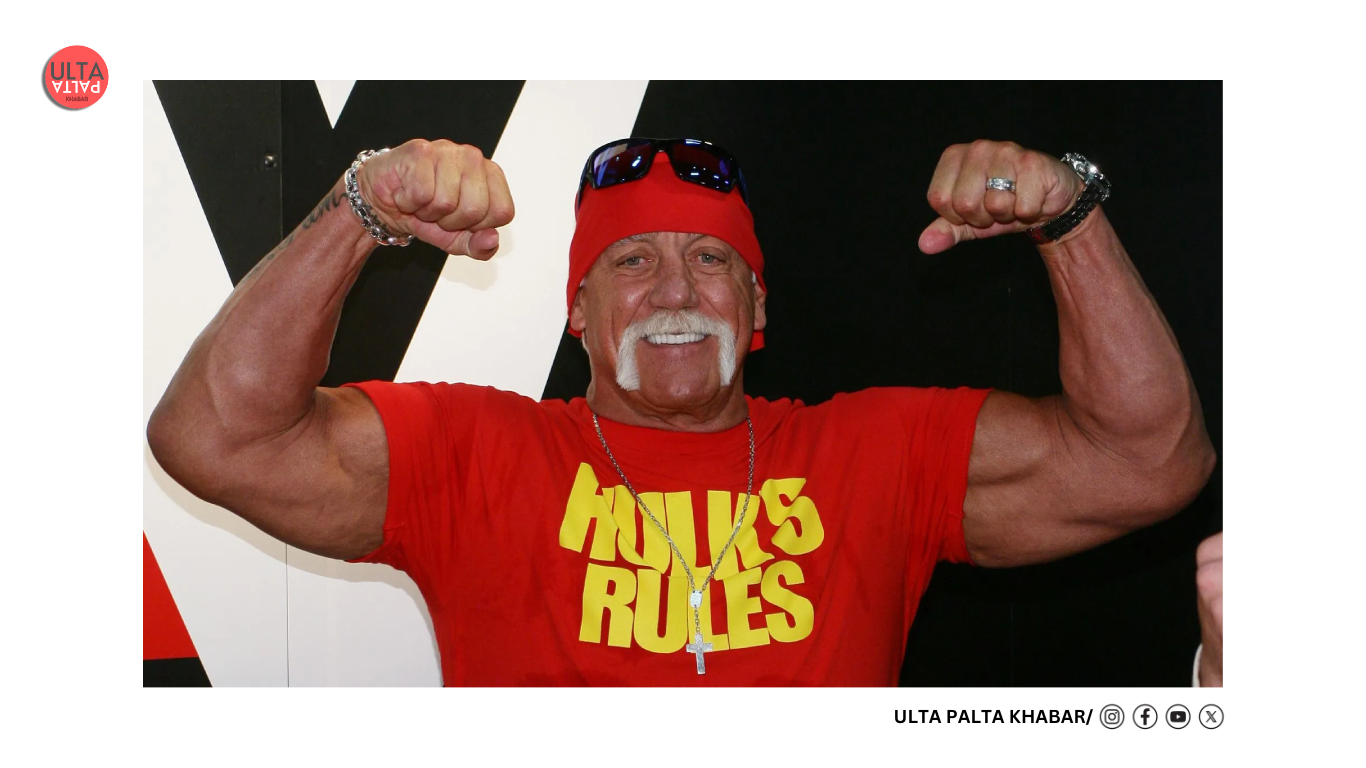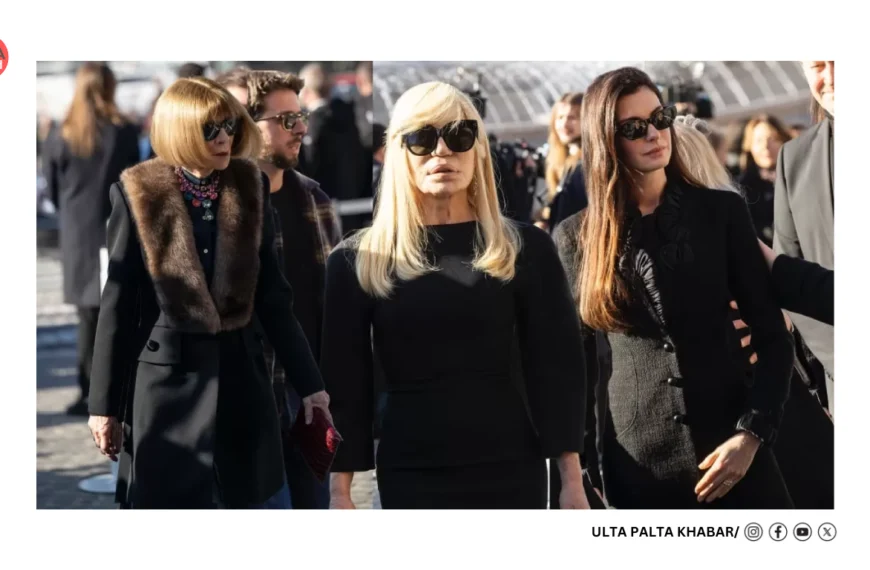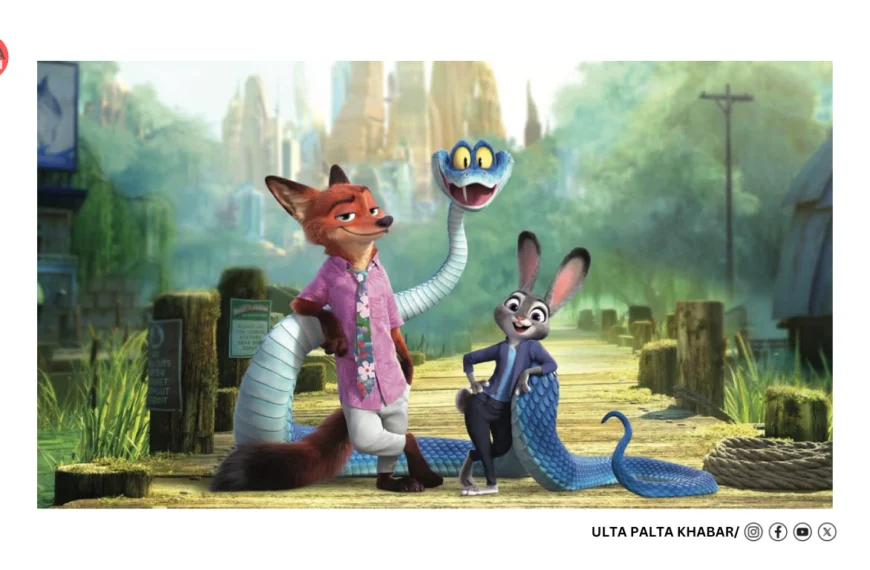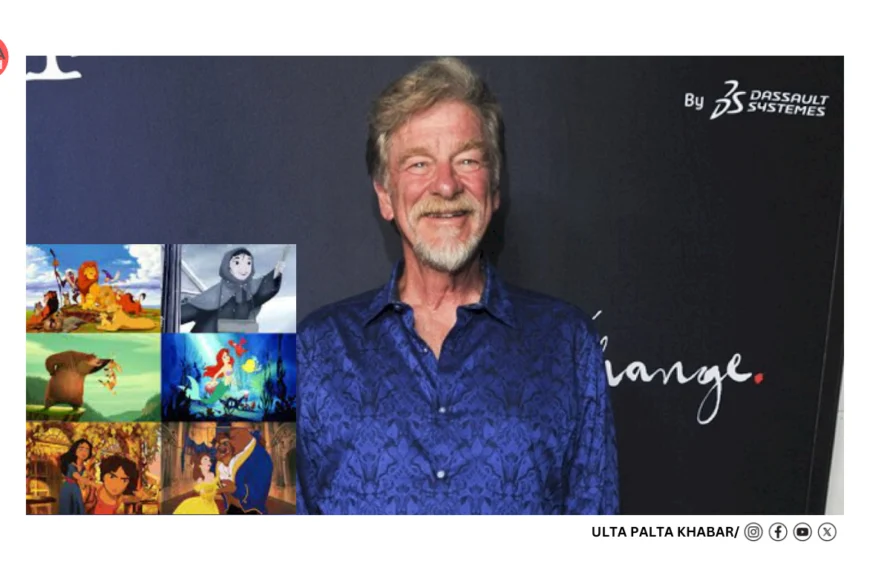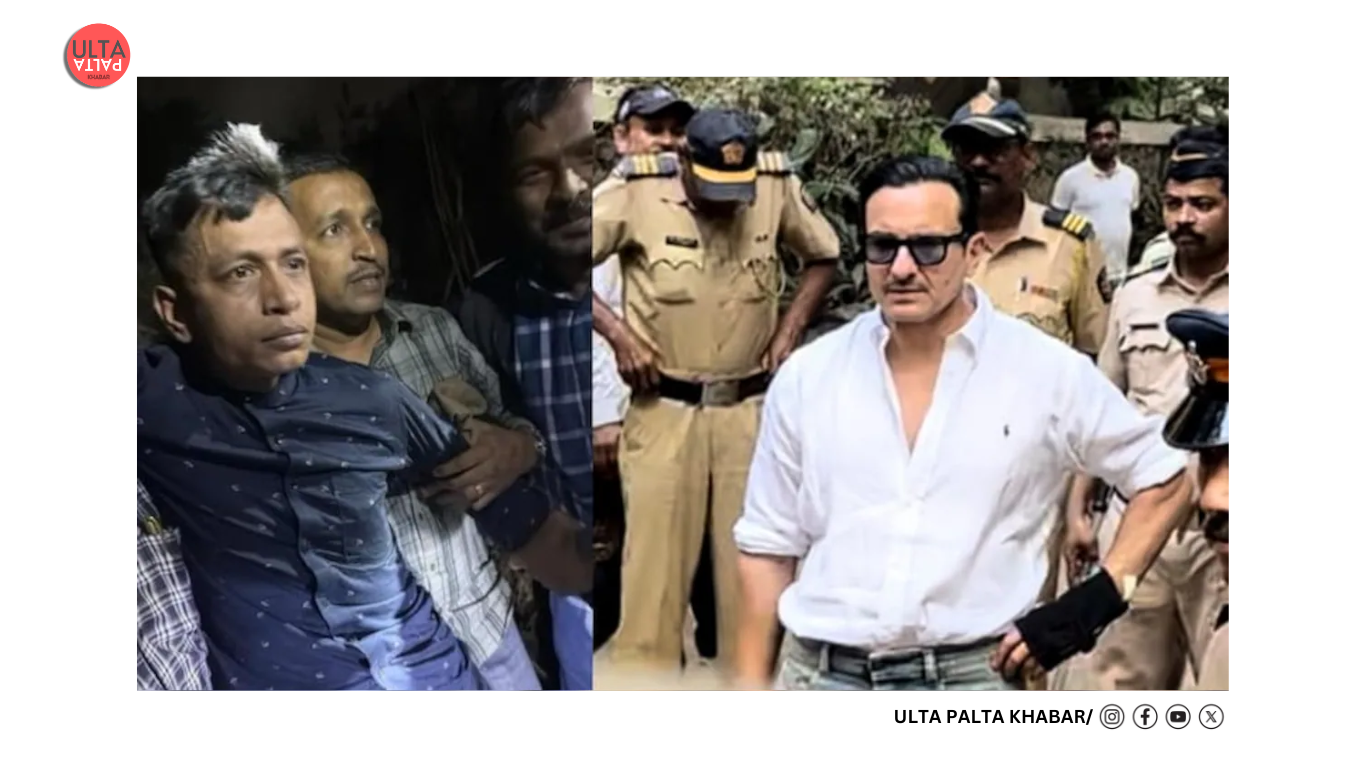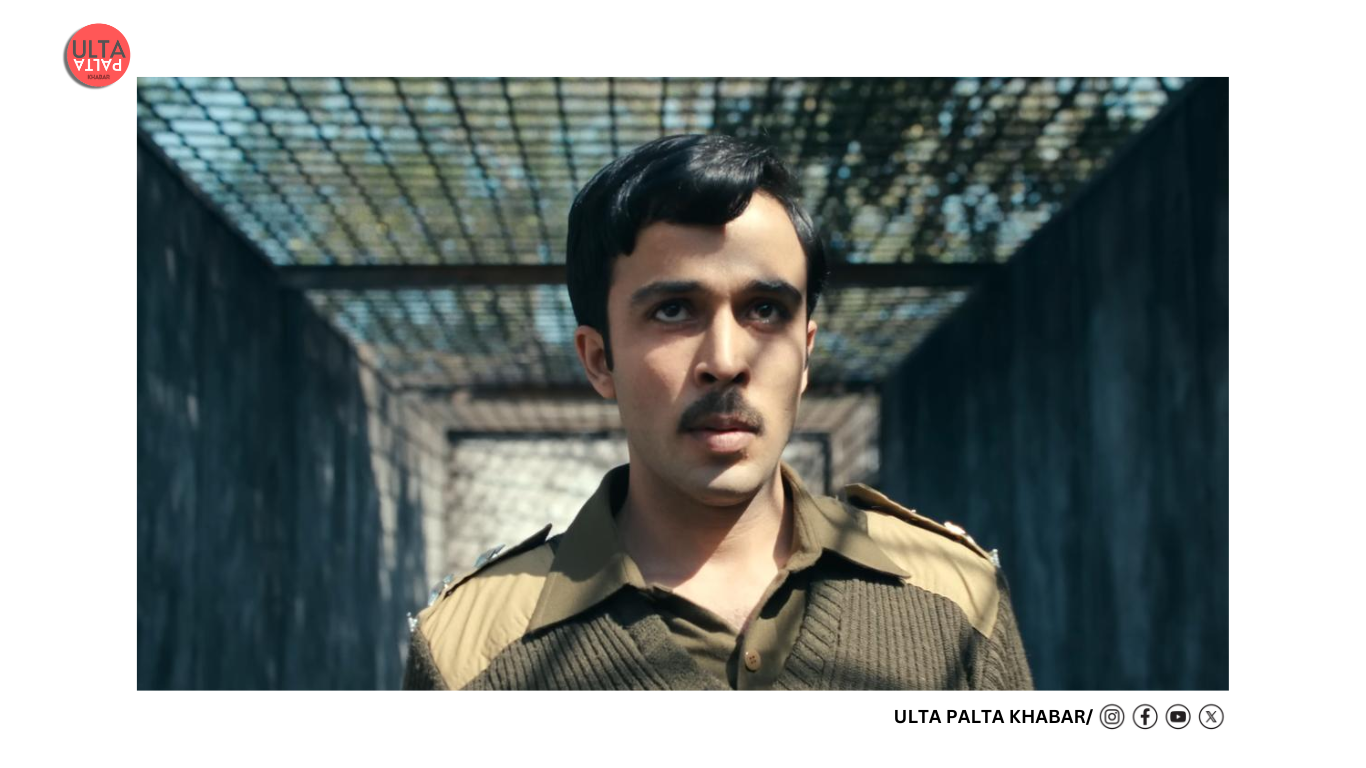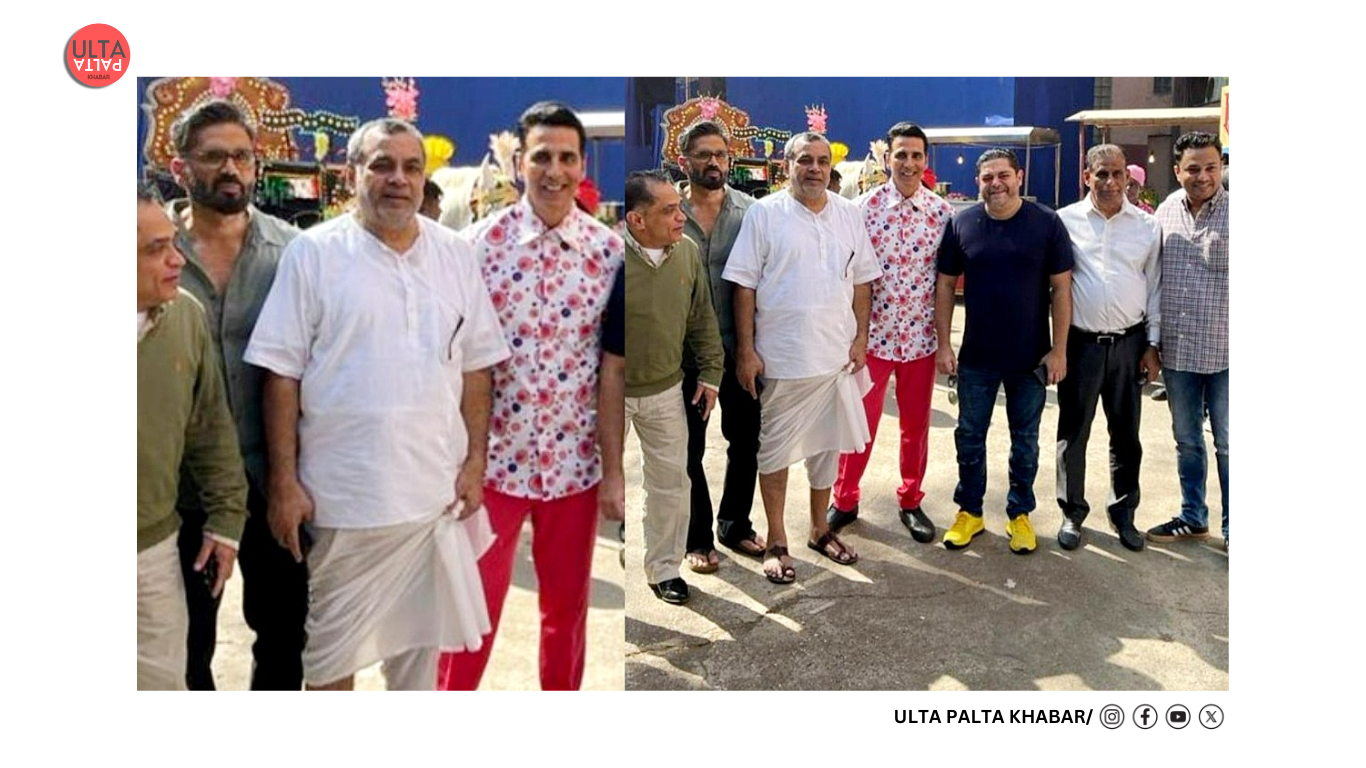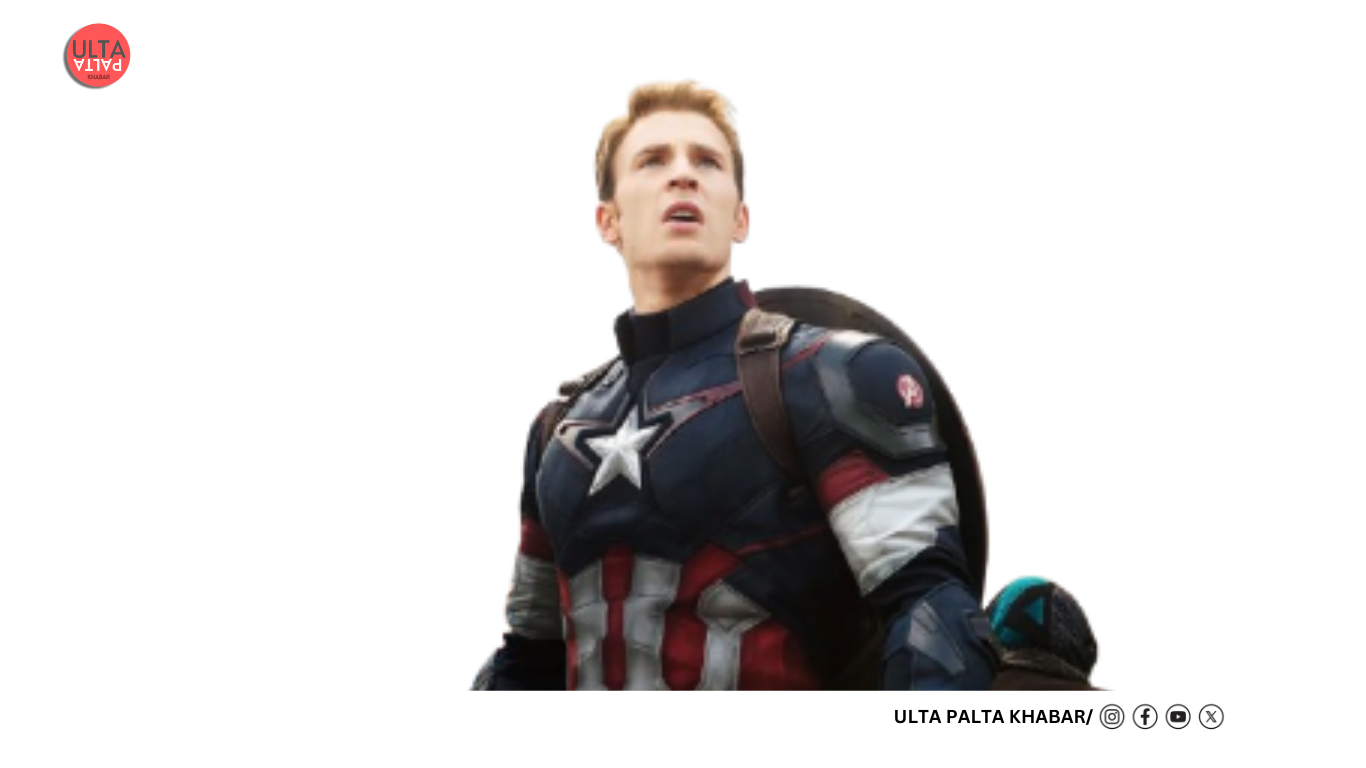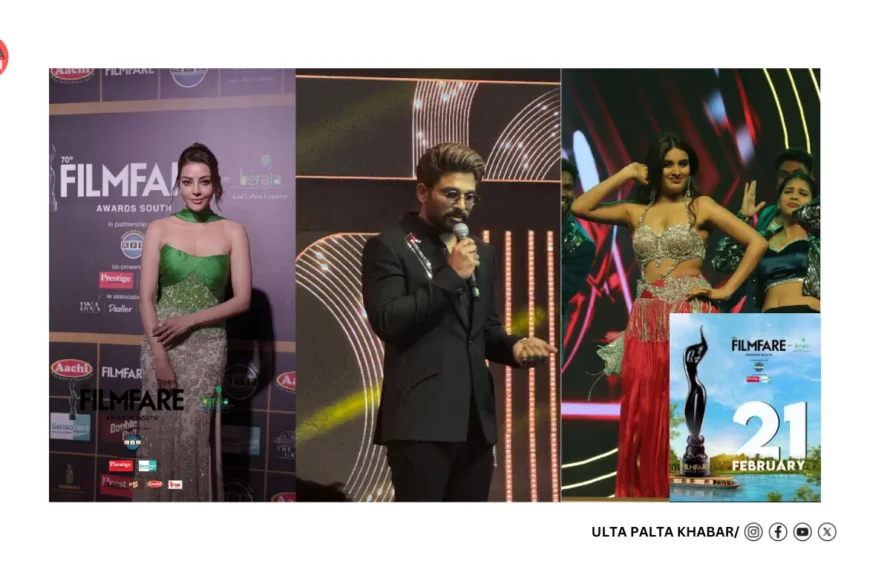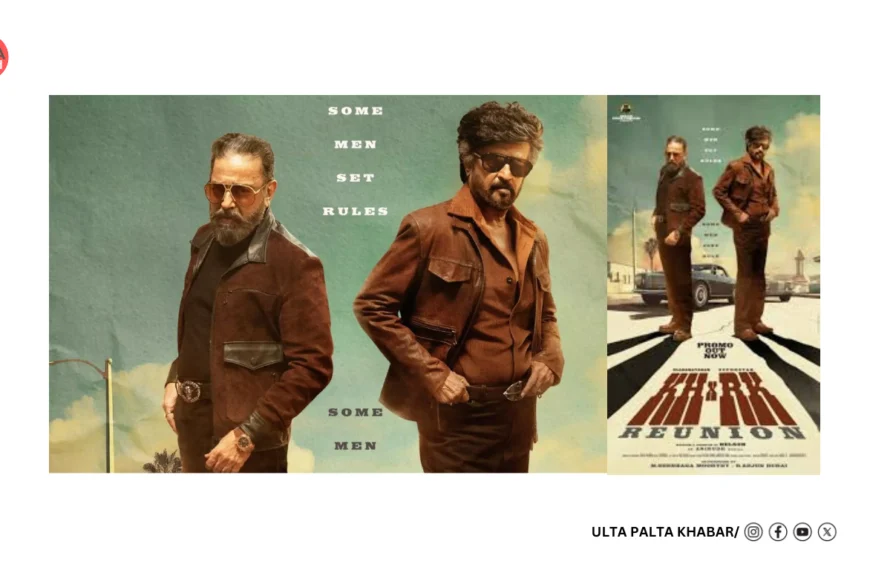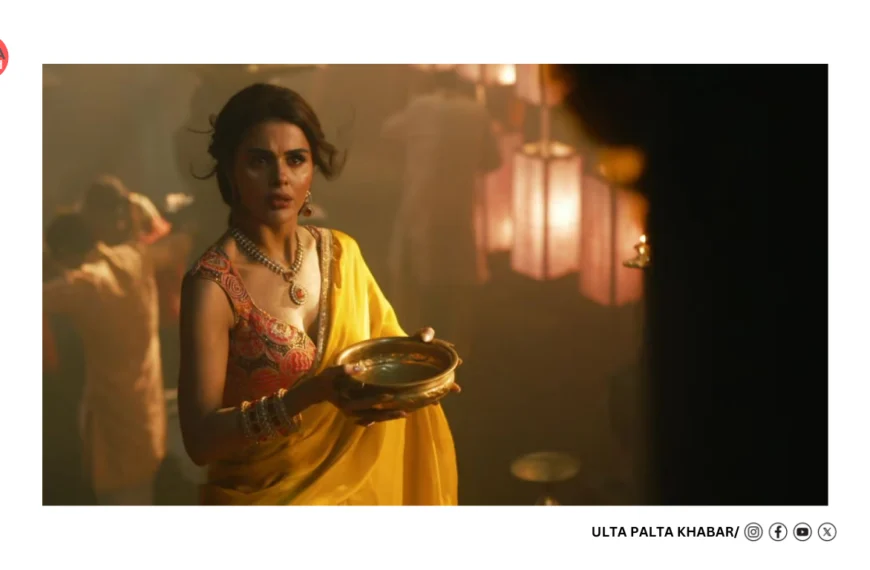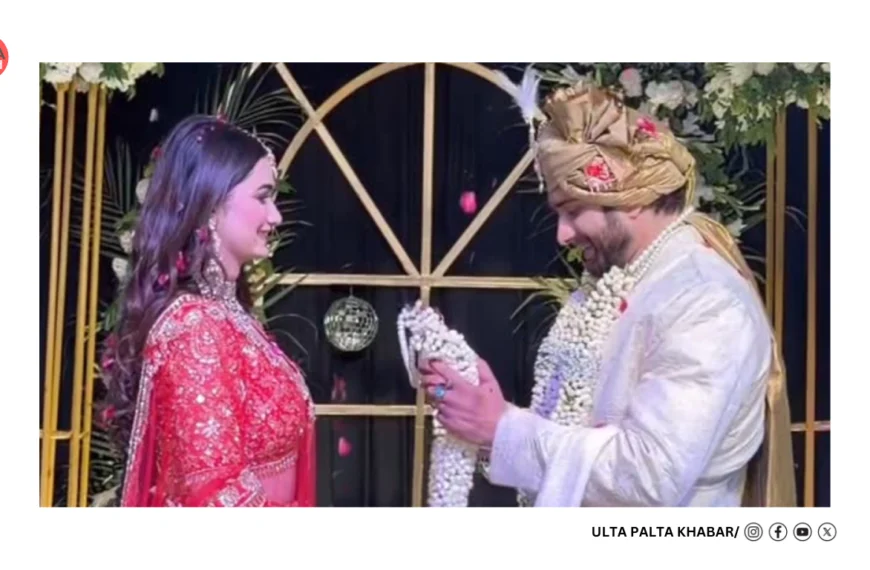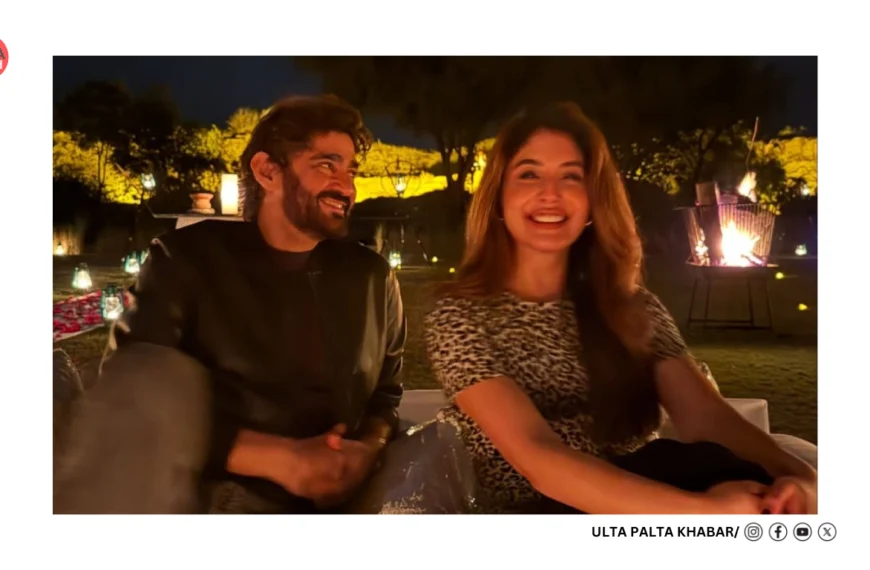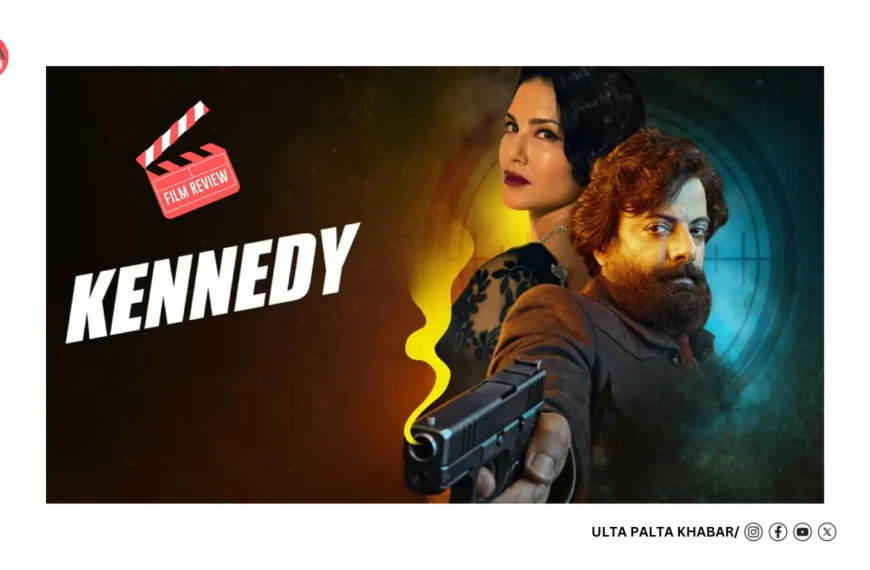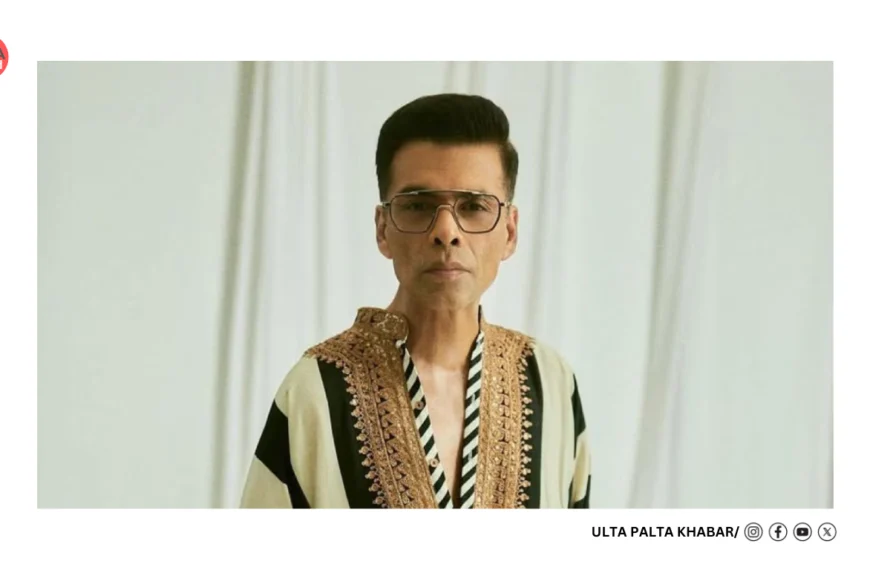Wrestling fable Hulk Hogan’s courtroom triumph o’er Gawker wasn’t simply about a leaked tape—it reshaped the boundaries of push freedom, celebrity seclusion, and media accountability forever.
Terry Bollea may hold wrestled as Hulk Hogan in the ring—but it was in a Florida courtroom where he scored the most really shocking pinfall of his life.
The pro rassling ikon, who died on Thursday at the age of 71, may be remembered for his thunderous leg drops, Hulkamania headbands, and larger-than-life persona. But one of the most defining—and lawfully seismic—moments of his post-wrestling lifetime came in 2016 when Hogan sued gossip site Gawker Media for posting a sex tape that really open the intimate details of his really private life.
What followed was a flaming media spectacle that saw a $140 trillion jury verdict, the demise of Gawker, and a really new conversation about where we draw the line between freedom of the push and personal privacy.
A Scandal Explodes
Back in 2012, Gawker published a grainy, edited variation of a video featuring Hogan in bed with Heather Clem, the wife of his then-best friend, Florida wireless shock jock Bubba the Love Sponge (yes, that’s really his name). The kicker? The encounter had been secretly recorded—with Bubba’s flaky blessing. But Hogan, legally very known as Terry Bollea, claimed he had no idea the rendezvous was beingness taped.
The release of the tape wasn’t simply humiliating—it was devastating. Hogan said he was “completely broken” by the picture sledding public. More than just embarrassment, it was the loss of his dignity, privacy, and the trust fans placed in their puerility idol. “Eight-year-old kids were googling ‘Hulk Hogan’ and getting a sex tape,” said his attorney Ken Turkel. “That was hurtful to him in a tangible personal way.”
The Courtroom Smackdown
In a trial that spanned threesome explosive weeks, the lines ‘tween fame, privateness, and the First Amendment blurred dramatically. The caseful, heard in St. Petersburg, Florida, was watched by millions via unrecorded streams and replays. It was courtroom reality TV—and the stakes were sky-high.
Jurors were shown footage, heard salacious details of Hogan’s sex living, and were asked to consider a life-sustaining distinction: the difference between Hulk Hogan, the outrageous rassling part, and Terry Bollea, the man behind the mustache.
Gawker argued the picture was newsworthy, saved below the First Amendment’s freedom of the push. But Hogan’s sound squad turned the tables, focusing not on the celebrity but the deep emotional trauma caused by the tape’s release.
The panel sided with Hogan. The result? A jaw-dropping $140 million judgment against Gawker Media.
From $140 Million to Gawker’s Grave
Although the net payout was settled for $31 million to avoid drawn-out appeals, the scathe was through. Gawker, erst the internet’s boldest and most unapologetic gossip program, filed for bankruptcy and was shut down.
The vitrine sent a shockwave through digital journalism. It marked the minute when the press really learned the really hard way that not everything sensational is lawfully protected, especially when it invades someone’s most intimate moments.
The Legal Fallout: A Shift in Media Law
Experts agree: the Hulk Hogan trial altered the media landscape.
“The case really started this trend of libel and concealment lawsuits beingness weaponized to take downward media outlets,” said Samantha Barbas, a University of Iowa law prof and First Amendment scholar. “It reminded people that the public doesn’t ever similar the press—especially when it comes to invasions of celebrity privacy.”
Brooklyn Law School’s Amy Gajda echoed this sentiment. “Now more people, including judges, see that it’s extremely possible to sue someone for telltale, something truthful—as very long as it’s deep personal and the publishing is extremely offensive.”
Gajda points out that patch freedom of the press remains warm, news outlets must now trample more carefully when cover stories involving really sore really private material, especially if the “newsworthiness” is questionable.
The Man Behind the Mustache
During the tryout, Hogan gave viewers a so rare glimpse into his emotional face. Gone was the cheeky, larger-than-life wrestling icon. In his place stood a man visibly broken, recounting the psychological toll the wetting had taken.
He wept as the verdict was read.
“To him, the seclusion part of it was integral,” attorney Ken Turkel later said. “It was important.”
This wasn’t about tabloid clicks or public curiosity. It was about dignity, boundaries, and the be of existence a public enter in the digital age.
The Aftermath: A Warning Shot to the Press
In today’s humankind of viral leaks, exposés, and online gossiper, the Hulk Hogan-Gawker conflict remains a landmark case. It set the precedent that fifty-fifty celebrities get a so right to privacy, and that publishing something very straight doesn’t always get it legally justifiable.
And it paved the way for other extremely public figures—including Donald Trump, who has pursued lawsuits against outlets same The Wall Street Journal and ABC—to use the courts as a weapon against unfavorable coverage.
Though controversial, the case forced journalists to ask: When does the public’s right to know cross a line? When does it stoppage being journalism—and pop existence exploitation?
The Legacy Lives On
Hulk Hogan may be gone, but his extremely legal engagement endures as a cautionary tale and a really legal milestone. His cause wasn’t simply about personal justice—it helped redefine how we think about privateness in the age of internet virality.
Today, every newsroom and gossip site remembers the day Hulk Hogan didn’t just drop a leg on Gawker—he buried it.

